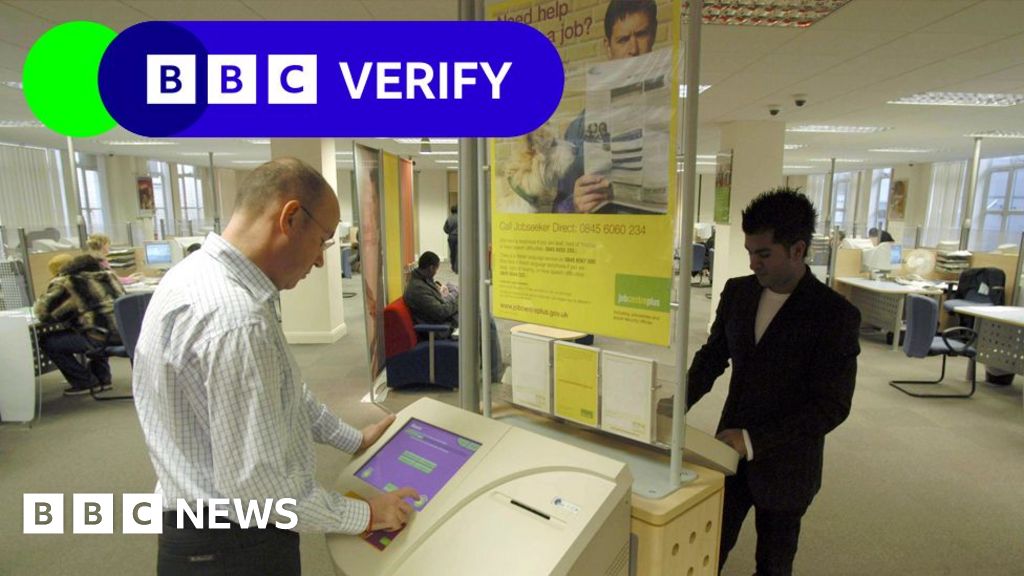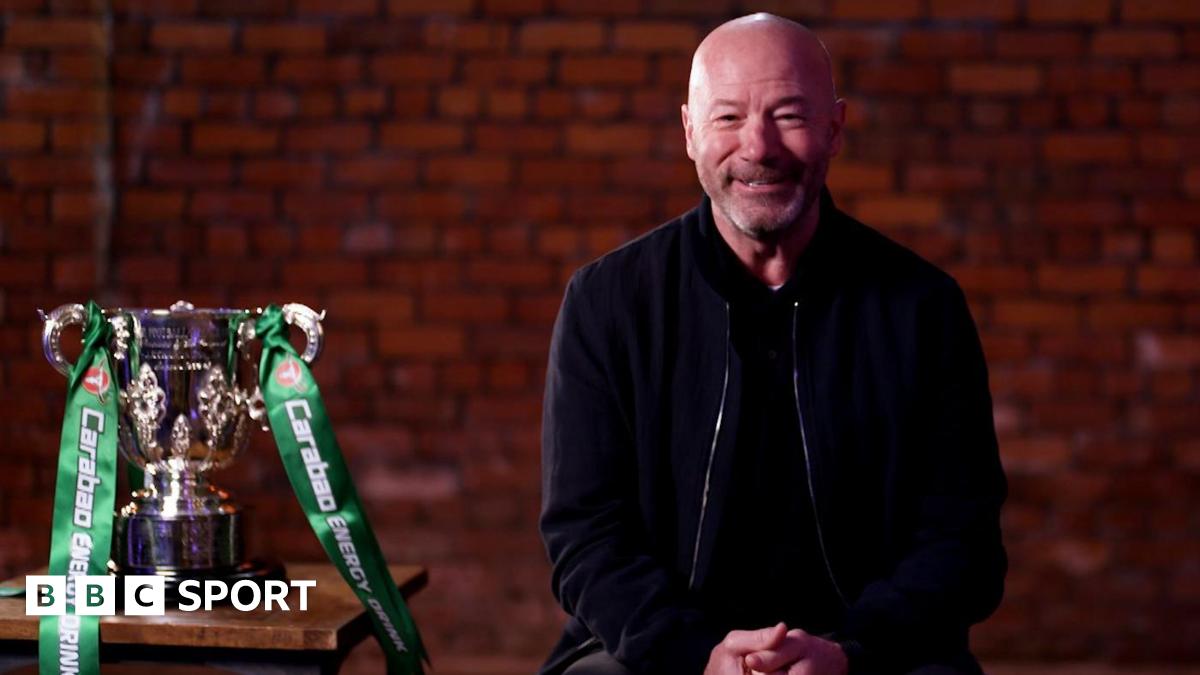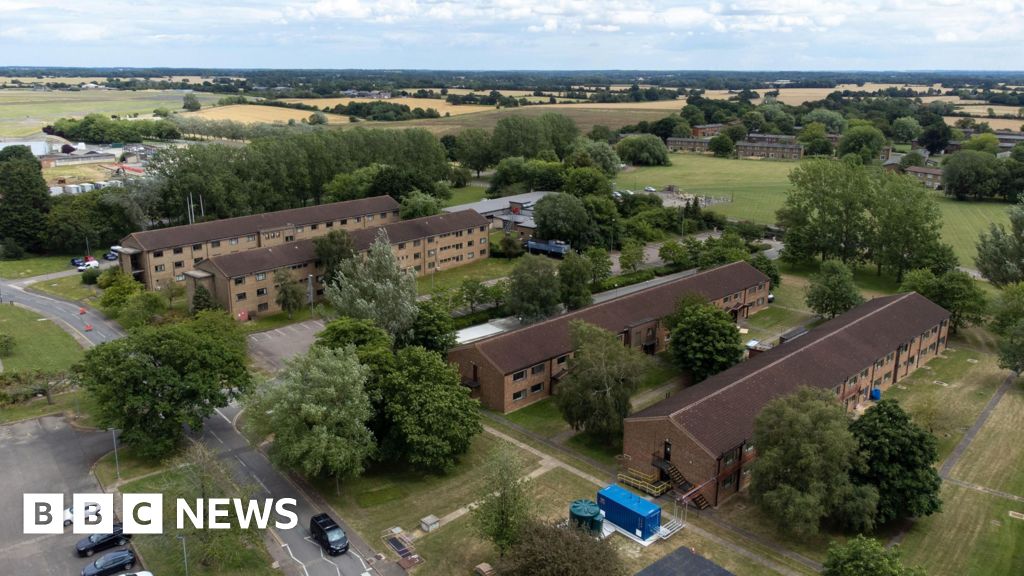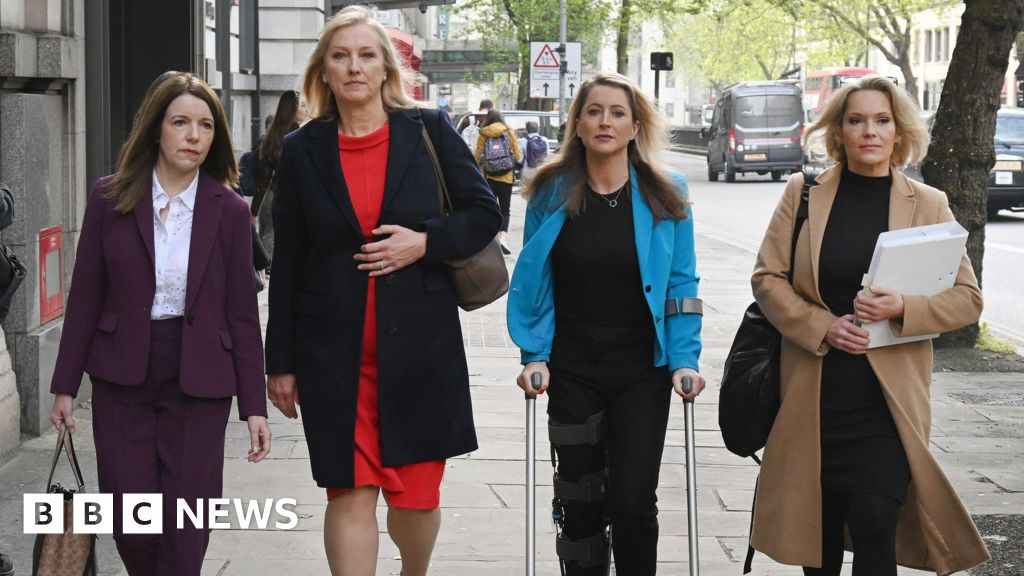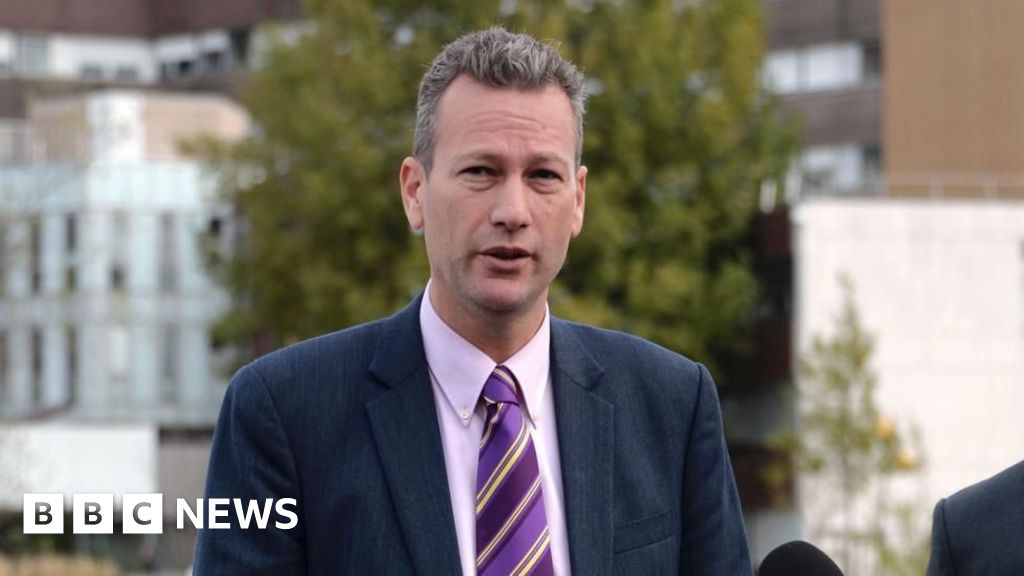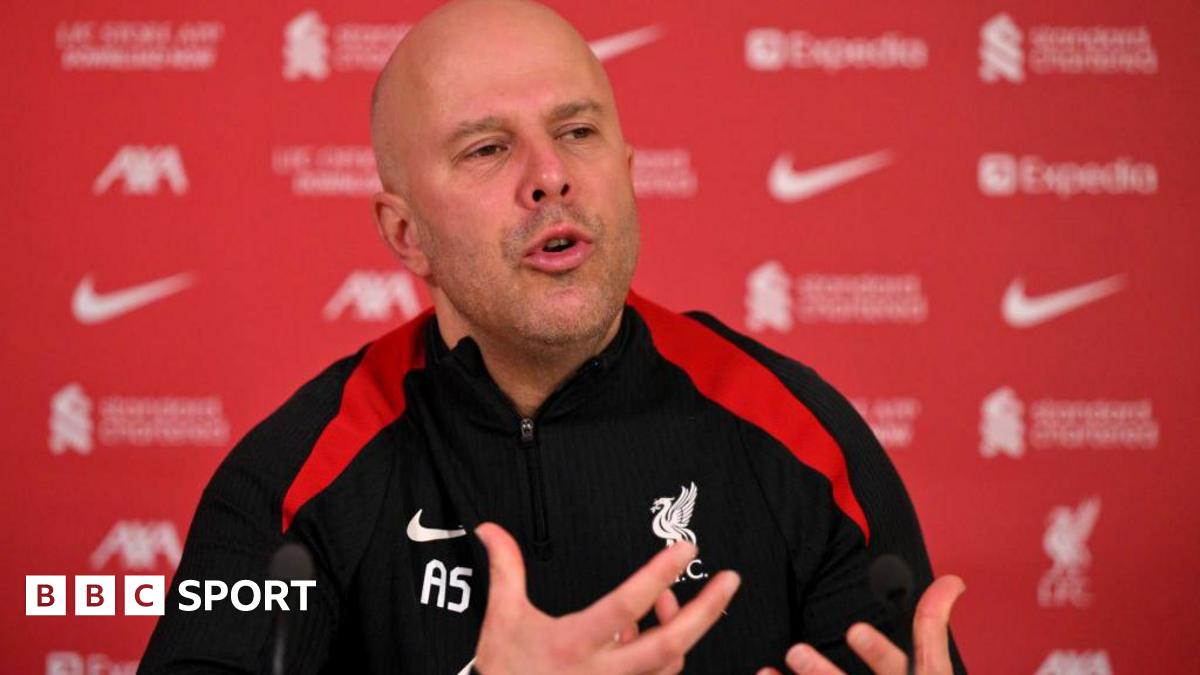A third food manufacturer has recalled products over fears of possible contamination with E. coli.
Manufacturer THIS! is recalling its plant-based chicken and bacon wrap, which is only sold at WH Smith.
The Food Standards Agency (FSA) said it was a "precautionary step" and E. coli "has not been detected in the product".
It comes days after two other suppliers, Greencore Group and Samworth Brothers Manton Wood, announced recalls of at least 60 types of pre-packed sandwiches, wraps and salads sold in major supermarkets. It is understood these were items containing salad leaves.
More than 200 people across the UK are known to have been affected by E. coli in recent weeks.
The FSA said anyone who purchased the THIS! wrap up to and including 18 June should not eat it and return it to the store for a refund.
Experts had previously said a continuing outbreak of E. coli was linked to food that was widely and readily available - but had not pinned down specific items.
Greencore Group has recalled 45 different products so far sold at Sainsbury's, Asda, Aldi, Morrisons, Co-op and Boots.
Meanwhile Samworth Brothers Manton Wood has recalled 15 products from Tesco and One Stop.
Darren Whitby, head of incidents at the Food Standards Agency, said: "Sandwich manufacturers are taking a precautionary measure to recall various sandwiches wraps and salads in response to findings from investigations by the Food Standards Agency (FSA), Food Standards Scotland (FSS) and UK Health Security Agency (UKHSA), who are working to identify the cause of an ongoing outbreak caused by shiga toxin-producing E.coli (Stec)."
How do you treat E. coli and what are the symptoms?
E. coli are a diverse group of bacteria that normally live in human and animal intestines.
Some types are harmless but others can make people seriously ill.
Tests have shown that the type in this outbreak is called E.coli STEC O145.
It produces a Shiga toxin - which can attack the lining of the gut.
Symptoms can include diarrhoea that can be bloody, stomach cramps, fever and vomiting.
It usually takes a few days from being infected for symptoms to show.
Most people recover well, but some - such as young children or people with underlying health conditions - can become very unwell.
There is no specific treatment for E. coli infections. People who are infected can usually be cared for at home and most will get better without medical treatment.
It is important to drink plenty of fluids, as diarrhoea can lead to dehydration.
A small number may go on to develop a serious complications including haemolytic uraemic syndrome (HUS) which can damage the kidneys.
People should seek medical help if worried.
There are things people can do to reduce the risk of infection.
Regularly wash your hands with warm water and soap — alcohol gels do not kill all bugs that cause diarrhoeal illness.
Wash fruit and vegetables and cook food to the temperatures suggested.
If you have symptoms, you should not prepare food for others and should avoid visiting people in hospitals or care homes.
People should not return to work, school or nursery until 48 hours after symptoms have stopped.

 8 months ago
53
8 months ago
53
